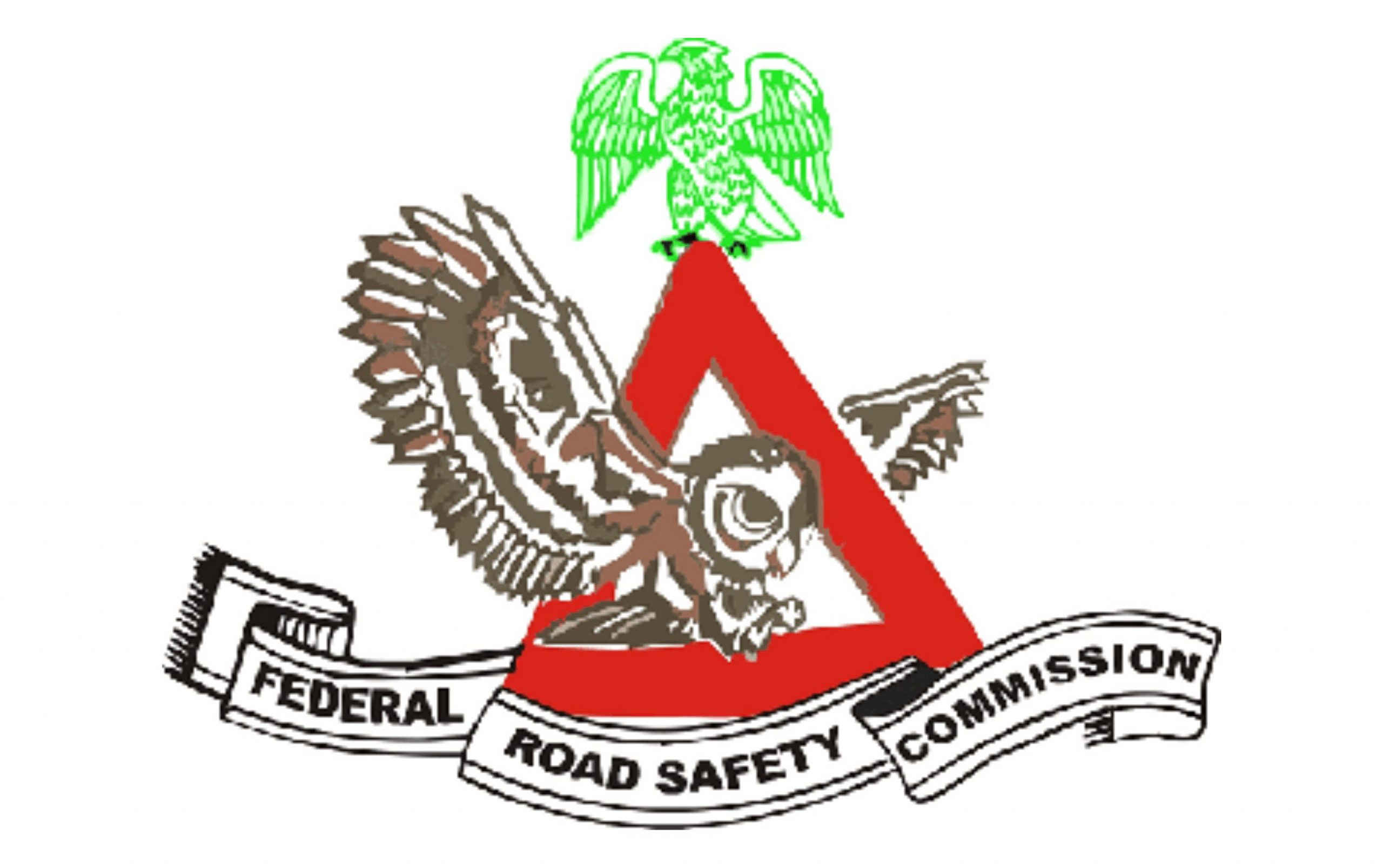 President Goodluck Jonathan has noted that Mairuwa and Pure Water sellers now play vital roles in water supply in rural and urban areas. The president made this known in a keynote address at The Presidential Summit On Water, Abuja today.
President Goodluck Jonathan has noted that Mairuwa and Pure Water sellers now play vital roles in water supply in rural and urban areas. The president made this known in a keynote address at The Presidential Summit On Water, Abuja today.
Said the president,“It is increasingly recognized that small and medium water service providers, such as “mairuwa” and “pure water” play a vital role in the provision of water services in both our rural and urban areas.
He therefore advised among others that “Strategies to strengthen their service delivery, including environmentally safe measures, technological value additions, and access to finance and concessionary credit facilities should be evaluated.”

Earlier, the president revealed that Nigeria needs over N350 billion annually to meet Nigeria’s water and sanitation targets. According to him ,”It is estimated that over 350 billion naira ($1.91 billion dollars) will be needed annually to meet our water and sanitation targets. In line with our transformation agenda, it has become necessary to implement a more cooperative, more radical programme of action to meet our MDG goals in this sector.
“In the current circumstance, I expect this Conference to explore new investment opportunities in this critical Sector. It should examine how water projects can attract more financing and new technologies, from both public and private sources.
“It should also consider how best to leverage our resources with those of our partners and the international community to strengthen our effort towards meeting the set targets in 2015.
“In more concrete and specific terms, this Summit should:
“Identity the major issues militating against optimal water infrastructure development and its sustainability, as well as evolve innovative funding to ameliorate this situation;
“Redefine the intervention approaches in the water sector through funding sources diversification and highlight the business potential and existing profitability assets;
“Facilitate linkages and engagements between investors and innovators towards expansion and scaling up of innovation on water services in the country; and
“Critically review the present financing and investment models in the sector; determine which model works and the opportunities that exist for leveraging resources from non-traditional sources in the light of growing competing needs.
Read the full text of his address below:
KEYNOTE ADDRESS BY HIS EXCELLENCY, PRESIDENT GOODLUCKEBELE JONATHAN, GCFR, AT THE PRESIDENTIAL SUMMIT ON WATER, ABUJA, ON FEBRUARY 18TH 2013
PROTOCOLS
On behalf of the Government and good people of our great country, Nigeria, I warmly welcome you all to this Summit on “Innovative Funding of the Water Sector”.
I specially want to welcome our distinguished friends and partners from all around the world. Your presence here underscores your commitment to Nigeria and sustained support as we strive to meet the Millennium Development Goals (MDGs) as regards Water and Sanitation.
I am particularly grateful to Your Excellencies former President John Kuffour of Ghana, who is the current Chairman, UN Water and Sanitation for All and our former President, ChiefOlusegun Obasanjo who is also the President of the OlusegunObasanjo Foundation.We truly appreciate your being here with us today.
The rich knowledge, monumental experience and goodwill, which you individually and collectively bring to this Summit, will immensely benefit the deliberations and outcome of this meeting.
In the year 2000, a Special Millennium Session of the United Nations General Assembly, adopted the Millennium Development Goals (MDGs). Central in the MDG goals is the provision of safe drinking water and hygienic sanitation by 2015.
All Member States of the UN, including Nigeria, accepted and committed themselves to the attainment of this goal and in this regard, Nigeria made further commitment in Washington in April 2011 to scale up her investment in water and sanitation.
Your Excellencies, Ladies and Gentlemen, since the adoption of the MDGs, we, in Nigeria, have continued to make progress towards the attainment of the water and sanitation goals. With the overall objective of improving access to this vital resource to our citizens, successive administrations have made investments in urban, small town and rural water supply programmes, including the construction of dams around the country.
Investments were made to boost various aspects of the sector, from the line budget and special funds dedicated to ecological matters and natural resources developmentand also through the repair and rehabilitation of water supply infrastructure.In 2011,we spent the total sum of N40.94billion. In 2012, the sum of N43.6billionwas spent. This does not include our expenditure in the following projects;Goronyo Dam – N3.4billion; Kashimbila Dam – N38billion; Gurara Dam&irrigation- N36billion; Ife Dam – N3billion.In 2013, we have proposed N39billionfrom line budget to be spent on water related projects. This will be in addition to funds the sector will receive from special intervention funds.
However, the situation in our rural and sub-urban areas,as regards access to clean water, remains unacceptable. On the average, only one in five rural households has clean water at home. Most families collect water from unsafe sources, such as rainfalls, ponds, streams and rivers.
It is estimated that over 350 billion naira ($1.91 billion dollars)will be needed annually to meet our water and sanitation targets. In line with our transformation agenda, it has become necessary to implement a more cooperative, more radical programme of action to meet our MDG goals in this sector.
In the current circumstance, I expect this Conference to explore new investment opportunities in this critical Sector. It should examine how water projects can attract more financing and new technologies, from both public and private sources.
It should also consider how best to leverage our resources with those of our partners and the international community to strengthen our effort towards meeting the set targets in 2015.
In more concrete and specific terms, this Summit should:
Identity the major issues militating against optimal water infrastructure development and its sustainability, as well as evolve innovative funding to ameliorate this situation;
Redefine the intervention approaches in the water sector through funding sources diversification and highlight the business potential and existing profitability assets;
Facilitate linkages and engagements between investors and innovators towards expansion and scaling up of innovation on water services in the country; and
Critically review the present financing and investment models in the sector; determine which model works and the opportunities that exist for leveraging resources from non-traditional sources in the light of growing competing needs.
It is increasingly recognized that small and medium water service providers, such as “mairuwa” and “pure water” play a vital role in the provision of water services in both our rural and urban areas.
Strategies to strengthen their service delivery, including environmentally safe measures, technological value additions, and access to finance and concessionary credit facilities should be evaluated.
Your Excellencies, Ladies and Gentlemen, it is my hope that at the end of this Summit, awareness of the multi-level impact of water sanitation and climate change on the national economy would have been created. I am certain that the contributions of our rich array of resource persons will impactboth the discussions and outcome of this Summit.
Finally, I would like to express my appreciation to our development partners and the international financial institutions for their continued support and assistance to the funding of the water sector in Nigeria.
In particular, I thank the World Bank (WB), the European Union (EU), Japan International Cooperation Agency (JICA), the United Nations Children’s Fund (UNICEF), and the Food and Agricultural Organization (FAO). I also thank the British Department for International Development (DFID), the African Development Bank (AfDB), the French Development Bank (FDB), the Islamic Development Bank (IDB), the Chinese Government and Water-Aid, to mention but a few.
I must not forget toextend gratitude to the Governors of all our States, members of the National Assembly and the private sector, for their untiring efforts and contributions towards the growth of this important sector.
I assure you that the government will favourably consider all the practical recommendations, which will emerge from the Summit. We are conscious of the importance of this meeting and the contributions it will make in support of our efforts to realize our objectives in the Water Sector for the benefit of our citizens.
We are set on the right course to achieve and move beyond the MDG targets for water and sanitation. This is the dawn of reform and growth in the Water Sector in Nigeria. All hands must therefore, be on deck. To this, I am fully committed.
Once again, I welcome you all and I wish the Summit very fruitful deliberations.
Thank you and God bless Nigeria.



